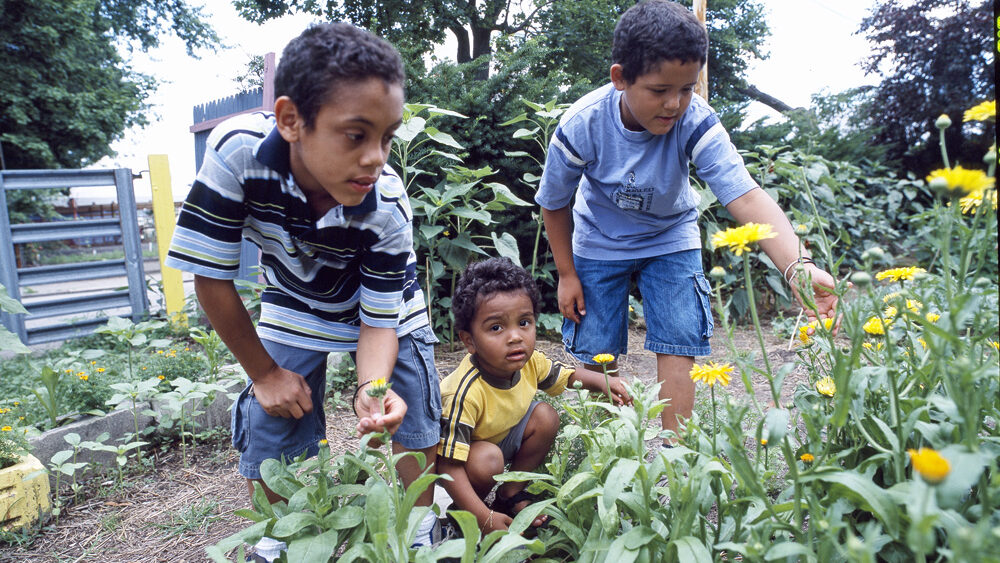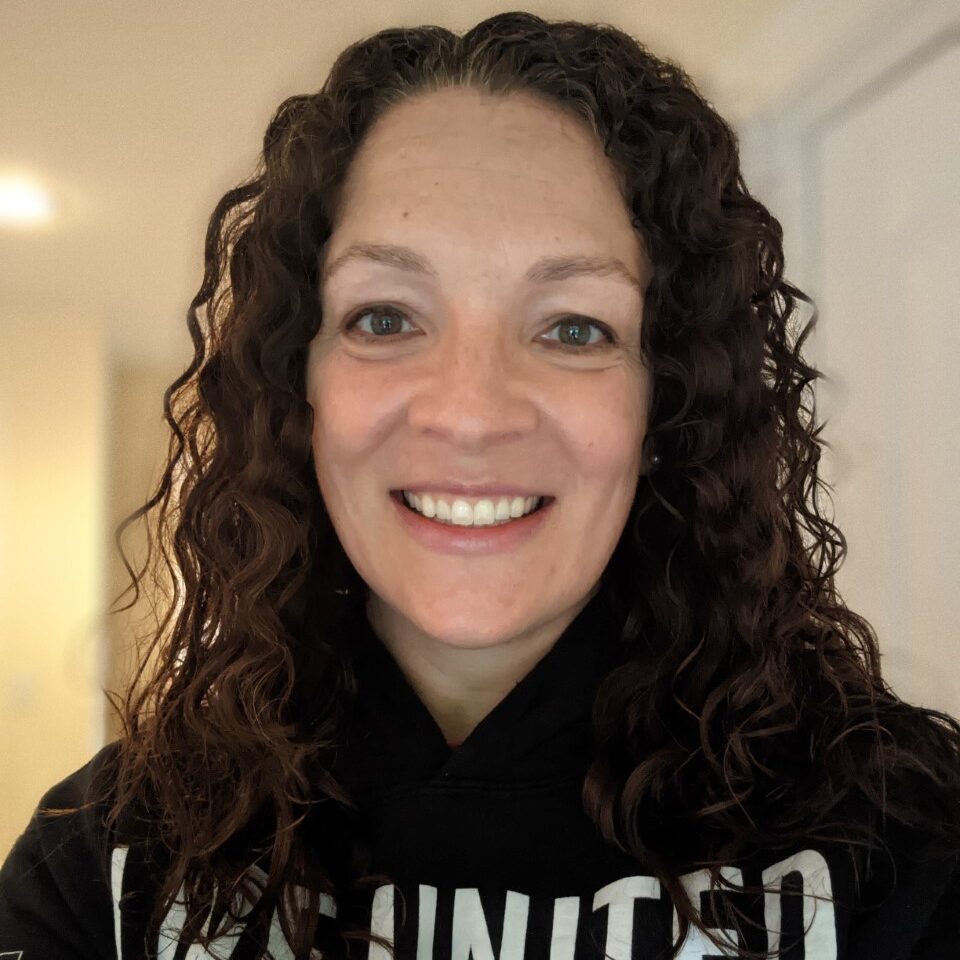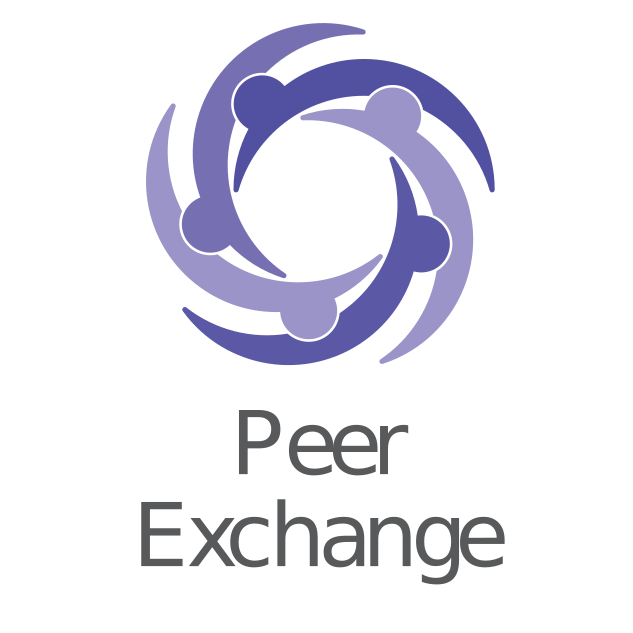
- This event has passed.
Ready, Set, Go: Realizing the Potential of Out-of-School Time to Deliver High-Quality Programming for Early Learners and Parents

The September 24, 2024 Peer Exchange Learning Conversation, moderated by Marjorie Sims of Ascend at the Aspen Institute explored the importance of summer learning, out-of-school time learning and everyday attendance. For over a decade, the Campaign for Grade-Level Reading has been talking about the importance of attendance and the impact of what’s been called the summer slide. In the wake of the pandemic, CGLR’s networks have continued to prioritize strategies to combat the learning loss experienced by children from economically challenged, fragile and otherwise marginalized families. The urgency of focusing on these approaches and strategies, which hold the greatest promise for an equitable learning recovery, cannot be understated.
One powerful strategy is capitalizing on out-of-school time (OST). Attending school is critical AND taking advantage of the time outside of school — afternoons, evenings and weekends — to offer high-dosage tutoring and an array of services, programs and activities to complement academic goals can be a powerful lever for ensuring early learning success.
Hedy Chang of Attendance Works kicked off the discussion by grounding the conversation in the data that reinforces the need for high-quality OST programming. Between 2017 and 2022, the number of chronically absent students grew from 8 million to over 14 million — and the emerging data for this year is still much higher than pre-pandemic. According to Chang, part of the response to support the students who suffered the most in the pandemic includes expanding the time young people spend in enriching environments that provide socialization and learning. OST programs working in partnership with schools are well-positioned to identify those students at greatest risk, solicit insights from students and parents about barriers to attendance, and identify strategies to overcome those challenges.
Ayeola Fortune of United Way Worldwide shared data from the 2023 Global Impact Practices Survey, which looks at the most commonly employed strategies across the United Way network. Of the 253 United Ways reporting, 70% are working on improving access to high-quality learning and 81% are providing literacy supports. “One of the most pressing, if not the most pressing from my perspective, of the ongoing challenges we face is to ensure that all children, regardless of ZIP code, race, ethnicity, ability, status, place of birth or family income level, have access to a quality education that prepares them for college, work and life,” said Fortune.
One year into a seven-year strategy entitled, The New Way Forward, Massachusetts is developing approaches to advance thriving, equitable communities. Starting with deep listening to the needs and aspirations of families, in partnership with organizations from across the state, United Way of Massachusetts Bay is designing two-generation approaches that provide high-quality learning environments for young people and improve the financial well-being of families. Sarah Link and Karley Ausiello of United Way of Massachusetts Bay described the Summer Step Up program, which is a partnership with Massachusetts Department of Early Education and Care focused on school readiness. The program has been so successful that it now has a $6 million line item in the state budget. According to Link, the core of their early education and OST programming is “creating this vision for a regional education sector that is integrated and connected, has adequate resources and funding, and is truly centered on the needs of youth and families.”
To illustrate the why of Delaware’s work, Ken Livingston of United Way of Delaware shared, The Statistics Lottery video, which shows the impact of being born in a low-income ZIP code on children and the barriers they face to becoming proficient readers. One of the many ways that United Way of Delaware is addressing reading proficiency is through providing high-dosage reading enrichment programs during the summer and participating in a statewide network of partners to offer 21st century afterschool programs to over 1,000 students. Delaware’s parent empowerment cafes and other community events are designed to support parents in playing an active role in their children’s literacy journey, reinforcing the importance of family involvement and education. When asked how to get started with an OST program, Dan Cruce of United Way of Delaware said, “intentions are good, but you don’t see intentions, you see action.” He suggested working with likeminded partners — “ask, listen and then act, but start.”
By adopting a systemic approach to improving quality, increasing access and measuring the impact of these efforts in terms of academic, behavioral and socio-emotional benefits, OST programs are helping to ensure early school success and local United Ways are leading the way in communities across the country. High-quality, OST programs are an essential component of our education system by extending learning beyond the school day. They have the power to help learners bridge academic gaps and contribute to their social-emotional growth, and, simultaneously, they can be a lifeline to working parents.
Panel









